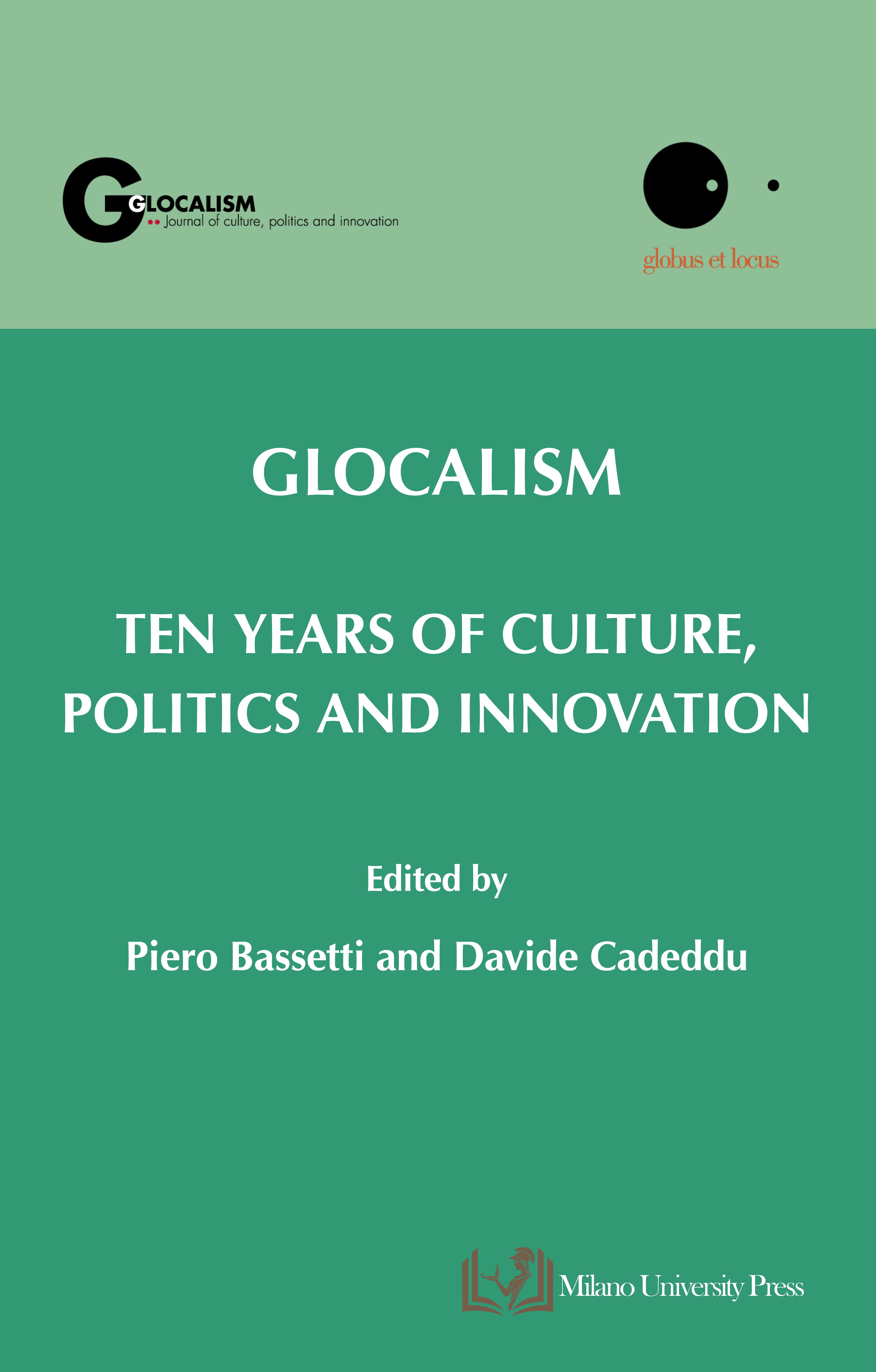The Moral Implications of the Global Basic Structure as a Subject of Justice
DOI:
https://doi.org/10.12893/gjcpi.2019.2.3Keywords:
basic structure, egalitarianism, globalisation, RawlsAbstract
In this article, I discuss whether the theory of justice as fairness famously proposed by John Rawls can justify the implementation of global principles of socio-economic justice, contrary to what Rawls himself maintains. In particular, I dwell on the concept of the basic structure of society, which Rawls defines as “the primary subject of justice” and considers as a prerogative of domestic societies. In the first part, I briefly present Rawls’s theory of socio-economic justice and his account of justice be- tween peoples. I then proceed with the analysis of the cosmopolitan counter-arguments that have been levelled against Rawls’s dualism between domestic and international justice, which mainly revolve around the outlining of a global basic structure as a consequence of globalisation. Between these two opposing poles, I also discuss the intermediate stance taken by those authors who maintain that the empirical dispute between a domestic and a global basic structure is misleading, because the pressing question is whether the unfair practices and norms that characterise the global economy demand the existence of a global basic structure, regardless of the fact that it already exists or not. Lastly, I collect some points, both theoretical and empirical, that have emerged from the analysis and I argue that the theoretical requirement of a global basic structure can have practical implications even if its existence is contradicted in empirical terms.
Downloads

Downloads
Published
How to Cite
Issue
Section
License

This work is licensed under a Creative Commons Attribution-ShareAlike 4.0 International License.











